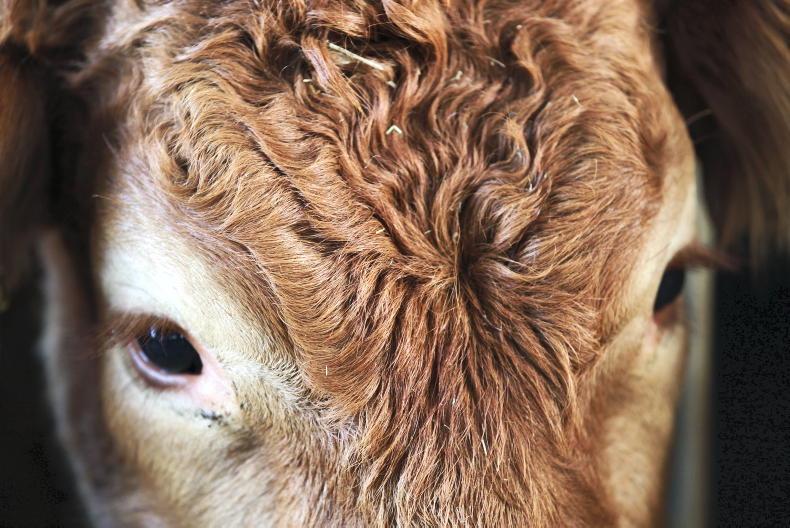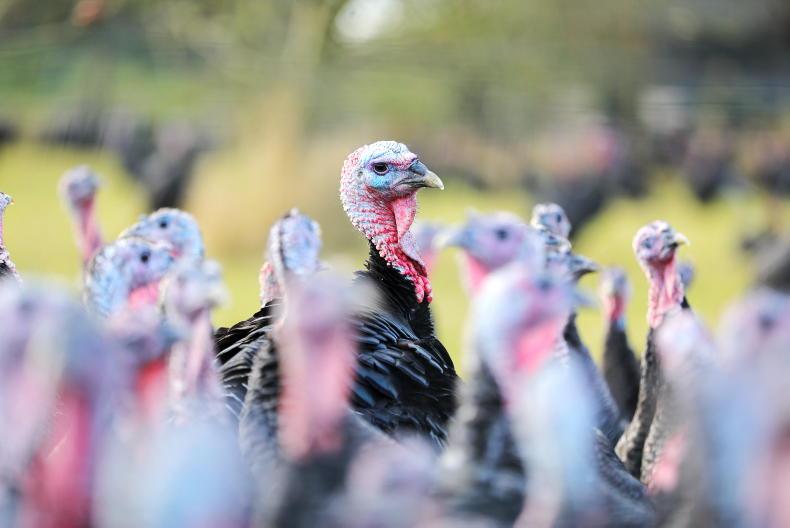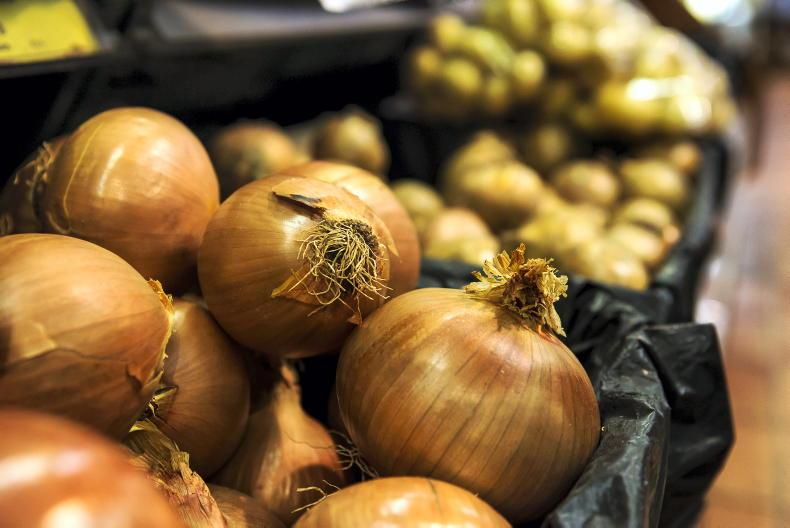Poultry owners have been advised by the Department of Agriculture to undertake particular bio-security measures as a precautionary measure against bird flu (avian influenza).
Despite no outbreaks in poultry flocks at this time, these measures will prevent contact between kept and wild birds and are key to protecting poultry and other captive birds.
The precautionary measures which come into effect on 19 September 2022 must be implemented by the keepers of all poultry (and other captive bird) flocks, irrespective of size, to help mitigate the risk of infection of their poultry from the virus.
In respect of flocks of 500 birds or more, the implementation of further enhanced biosecurity measures by flock-owners is urged.
Vigilant
All poultry flock owners should remain vigilant for any signs of disease in their flocks, maintain strict biosecurity measures and report any disease suspicion to their nearest Department regional veterinary office, even if they only have one or two birds.
Clinical signs that poultry keepers should look for in their birds include a swollen head, discolouration of neck and throat, loss of appetite, respiratory distress, diarrhoea and fewer eggs laid – although these vary between species of bird.
Wild birds
Since July of this year, over 80 wild birds were submitted to the Department’s laboratories for testing.
Of these, almost 60 positive highly pathogenic avian influenza (HPAI) cases were confirmed, all are sub-type H5N1.
To date, all but one have been seabirds, including gannets, in counties Cork, Kerry, Mayo, Dublin, Donegal, Louth and Waterford, a raven in Kerry and a guillemot in Donegal.
"These wild bird findings confirm that the avian influenza virus is currently circulating widely in the wild bird population in Ireland.
"This reservoir of infection in wildlife poses a risk to our poultry flocks and industry," the Department said.
The HPAI H5N1 sub-type has been responsible for disease in wild birds and outbreaks in poultry and captive birds in a number of EU member states and Britain.
The Department is working closely with colleagues in the Department of Agriculture, Environment and Rural Affairs in Northern Ireland (DAERA), National Parks and Wildlife Services (NPWS), local authorities, the Health Protection Surveillance Centre (HPSC) and the Health Service Executive (HSE) regarding avian influenza.
The HPSC has confirmed that although the HPAI H5N1 sub-type can cause serious disease in poultry and other birds, no human infections with this virus have been reported in the EU and, therefore, risk to humans is considered to be very low.
Members of the public are advised not to handle sick or dead wild birds and to report any episodes of sick or dead wild birds to the regional veterinary office or contact the DAFM disease helpline on 01-492 8026.
An early warning system is in place with Birdwatch Ireland, the NPWS and the National Association of Regional Game Councils with regard to surveillance for signs of disease in wild birds.
The Department continues to closely monitor and assess the disease situation and is in regular contact with industry stakeholders.








SHARING OPTIONS